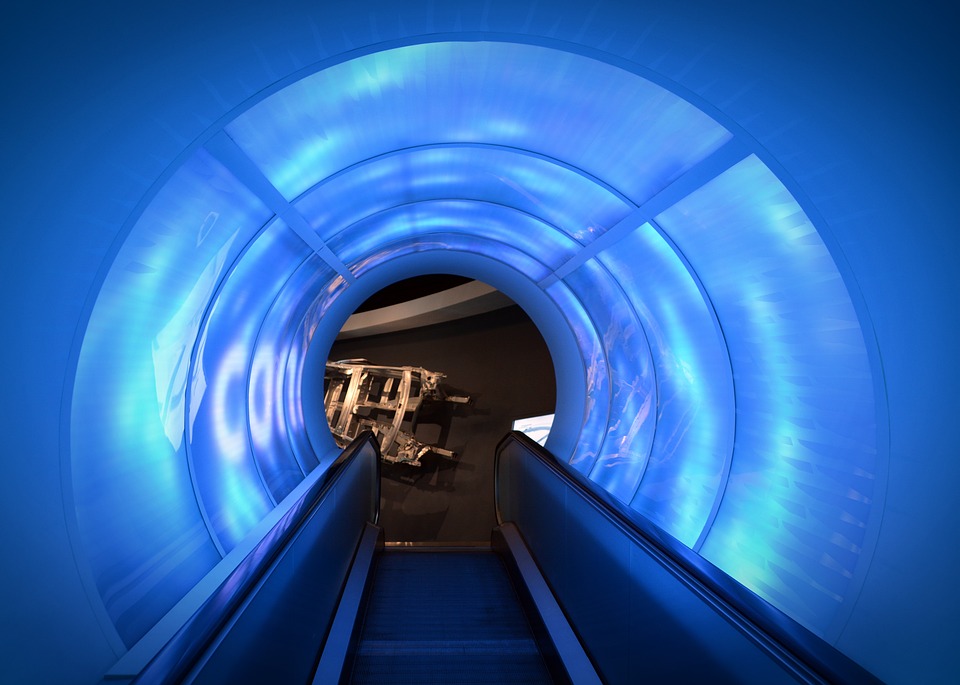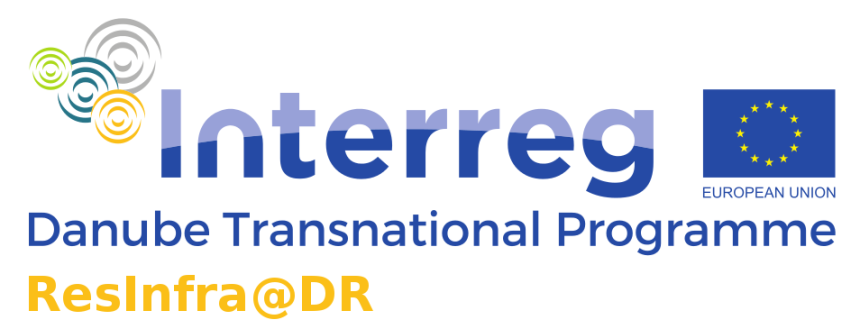In view of ever more complex and differentiated innovation and research funding mix in the Danube macro-region, coupled with the current circumstances of financial crisis that highly affects the public sector investments, the absence of adequate ex-ante review, monitoring and impact oriented assessments on Science, Technology and Innovation (STI) programmes and specifically on research infrastructures (RI), is a serious bottleneck for the entire STI funding system and the innovation management cycle. This is exactly where ResInfra@DR project (2017-2019) stepped in: it focused on research infrastructures in the Danube macro-region and offered mutual learning opportunities for policy makers and the policy delivery organisations involved in the financing, and parent organisations arranging the operation of research infrastructures.

Source: Pixabay with CC0 Public Domain licence
Sustainable development through region-specific methodologies and co-funding
Evidence based policy making and successful RI investments require strategic tools and guidelines to enhance socio-economic impact: ResInfra@DR aimed to contribute to the efforts both to establish new research infrastructures as well as to request processes for the upgrading of the existing RIs and to reassess their functionality i.a. by the development of methodologies which adequately reflect the specific situation in the Danube macro-region.
Moreover, it aimed to ease the utilization of RIs on regional level to prove the usefulness of proper public funding in research and development (R&D). ResInfra@DR linked socio-economic actors of RI in the Danube macro-region by improving the framework conditions for innovation and stimulated the private actors to co-fund in future RI investments i.e. in private public partnerships. ResInfra@DR contributed also to the development and integration in a European Research Area (ERA), it increased particularly the knowledge on how to combine core national funding sources and funding from Horizon 2020, the structural funds (ERDF) and private funding from business.
Benefits from an enhanced transnational cooperation in ResInfra@DR
Facing a strong trend of a “European practice” towards further internationalisation of RTDI (Research, Technology, Development and Innovation) evaluations and reviews, the core benefits of enhanced transnational cooperation in ResInfra@DR were:
- the mutual learning opportunities for policy stakeholders and policy delivery organisations involved in the financing, and the parent organisations arranging the operation of research infrastructures;
- better governance of macro-regional objectives and STI policy delivery;
- the development of joint guidance documents, methodologies and tools that are endorsed by a range of stakeholders from a whole macro region.
The core activities followed the strategic outline of ResInfra@DR and provide
- a dialogue focusing on relevant regional, national and macro -regional but also EU level policy fields involving also end-users of RIs;
- special trainings for defined target groups, thus contributing to capacity building with an outreach to the entire macro-region and beyond the involved partnership;
- a collection of a dataset of competent (and qualified) reviewers for RI assessments;
- two pilot activities focusing on (1) peer reviews of nine existing RIs and (2) Ex ante assessments of three planned RIs in the macro region;
- Dedicated dissemination and capitalisation actions contribute to the policy take up and utilisation of the results.
Please follow ResInfra@DR on Twitter  and Facebook
and Facebook  for “breaking news”.
for “breaking news”.
To contribute to the online discourse please use for example #ResInfra, #DanubeRegion, #STI or #RTDI.
More information is available at the project website.
ResInfra@DR is co-funded by European Union funds (ERDF, IPA).
|
Technical data
·Duration: January 2017 – June 2019
·Budget in Euro overall: 2,154,989.34 €
·ERDF contribution: 1,645,857.99 €
·IPA Contribution: 185,882.89 €
·Danube Transnational Cooperation Programme (DTP call 1)
·Priority: Innovative and socially responsible Danube region
·Specific objective: 1.1
|

